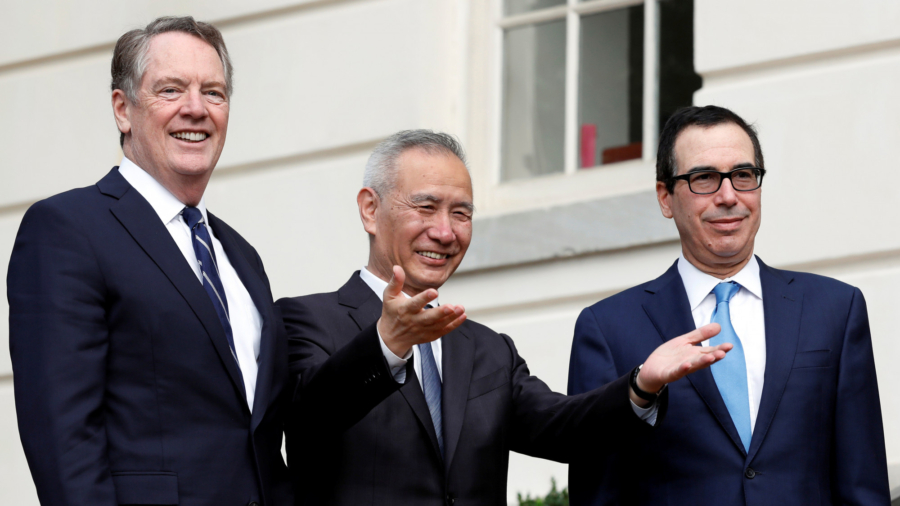Treasury Secretary Steven Mnuchin and the U.S. Trade Representative Robert Lighthizer have denied the reporting by The Wall Street Journal regarding tariff negotiations with China, according to a statement issued by the United States Trade Representative issued on Dec. 15.
As indicated by the Statement, Mnuchin and Lighthizer said the Wall Street Journal article alleging that U.S. negotiators had offered to cut tariffs imposed on Chinese goods was false. The issue, which had been reported on at least three other separate times, had cited its information based on anonymous sources, according to a reporting from The Hill. The statement also indicated that the article written by the Wall Street Journal also stated that “the United States negotiators offered to cut by as much as one half the tariff rates on approximately $360 billion of Chinese imports in exchange for certain purchases.”
The statement said that while both the Treasury Secretary and the Trade Representative did not comment specifically on what the negotiations were about, “we have said publicly and on the record that this is totally false, untrue, and baseless. It did not happen.”
Mnuchin and Lighthizer have “personally, and on the record,” told Bob Davis, one of the two journalists responsible for the article, that there was no offer of negotiation with China in regards to cutting tariffs, according to the statement.
“No such offer was ever made to China by the United States. There is not a single knowledgeable American negotiator who would support this falsehood. Further, there is no Chinese negotiator who could honestly be this source,” the statement read.
“We will not speculate on why the Chinese or an American uninvolved with these negotiations would manipulate the story. This is another example of reporting on an important alleged event based on secret sources, some of which may have obvious bias. The Wall Street Journal should make very clear that those actually involved for the United States have so clearly indicated that they are untrue, fabricated falsehoods. It should also expose possible biases of the anonymous source,” the statement read.
President Donald Trump took to Twitter on Dec. 13 to address the issue of the article, writing, “the Wall Street Journal story on the China Deal is completely wrong, especially their statement on Tariffs. Fake News. They should find a better leaker!”
This came after there was an interim deal made between the United States and China. Trump wrote on Twitter that the two countries had made its deal—phase one—adding that negotiations on “Phase 2” of the deal would begin immediately, rather than after the 2020 election.


